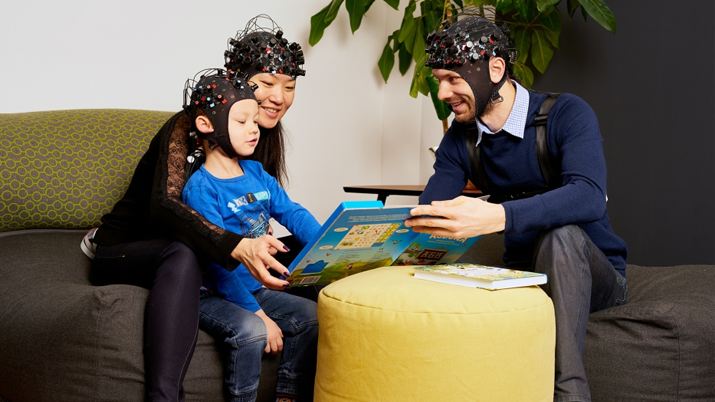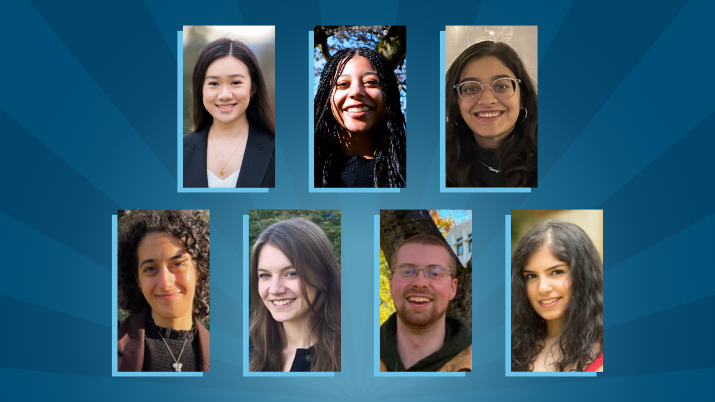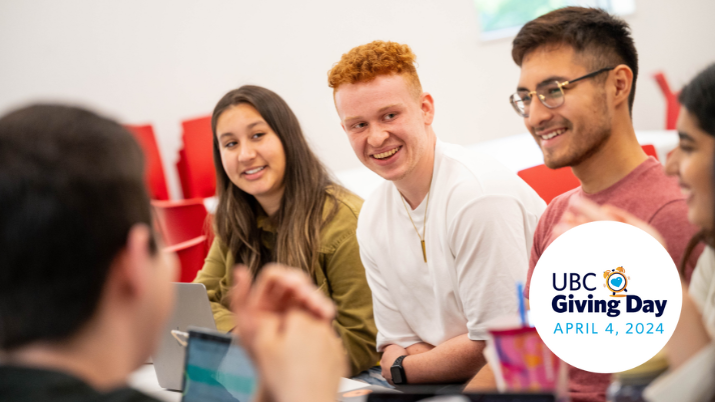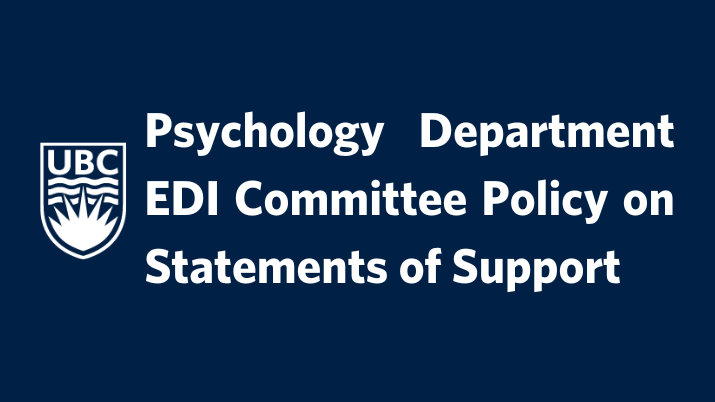

NIRx Medical Technologies, a partner on ‘Ensuring Full Literacy in a Multicultural and Digital World’
The literacy landscape is changing: Canadians are increasingly reading in a digital format, and speak a language or are from a culture not represented in commonly available reading materials.
But literacy remains one of life’s critical skills. And with COVID-19 school closures and quarantines, how can Canada ensure its literacy research and instruction are effective and evolved for this new landscape?
‘Ensuring Full Literacy in a Multicultural and Digital World‘ aims to answer this. Led by Language Sciences co-director Professor Janet Werker, the project received a Social Sciences and Humanities Research Council Partnership Grant in May, which provides $2.5 million over seven years. The project, involving many Language Sciences members, was born from Werker’s realization that her work on language acquisition was one part of the large puzzle that is literacy.
The project reaches across the globe, and beyond academia, with community and industry partners. It has six core themes led by academic experts including technology and new media, language background and culture, and neuroimaging, an interdisciplinary approach to address a multi-pronged problem, says UBC Literacy theme lead Professor Guofang Li.
“If a child has not achieved reading proficiency, this could be related to many factors: a cognitive, social, linguistics, or socioeconomic explanation.”
Multitudinous research questions
The project’s research questions are multitudinous and include: which oral language skills are brought online for reading? What skills transfer across languages? What happens in the brain when we read?
Oral language and literacy skills interact and intersect with linguistic and cultural diversities, says Associate Professor Mark Turin, UBC Language Background and Culture theme lead . As such, methods for teaching literacy in a largely English and French-focused Canada may not be working for other language speakers. The project will investigate how a person’s cultural background and mother language affects learning in another, as well as how we define literacy.
“I’m struck by quite traditional definitions of literacy still prevalent in our schools, which don’t always do a good job of including and celebrating pre-existing literacies that children and parents bring to the classroom and to wider society.”
The Neuroimaging theme will measure perceptual and cognitive processing while participants perform tasks and use learning materials. The theme aims to identify what is happening in the brain when readers are fluently versus not fluently reading within their first or additional languages, says UBC Neuroimaging theme lead Associate Professor Anthony Herdman. “This will give interventionists and educators more insight into how to help readers become more proficient in reading in their first and/or additional languages.”
Working with them is the Computational Modeling theme, co-led by UBC Assistant Professor Muhammad Abdul-Mageed and University of Alberta Assistant Professor Alona Fyshe, whose team will provide machine learning expertise to develop models that will answer some of the research questions, including using deep learning on big data to model and analyze reading in the human brain.
“We are tracking the progression of meaning understanding from infants to adults, to study how our representations of meaning shift and change over a lifetime.”
Speed things up and out with industry and community
The project’s industry partners, such as digital literacy company Eyeread Inc., can help test the research and products, providing feedback loops to further inform the work, says CEO Julia Rivard Dexter.
“Digital technology that delivers adaptive instruction for literacy is up and coming but has a long way to go. We are eager to be part of building the newest research-based technology that is highly effective.”
Outreach partners, such as the Canadian Children’s Literacy Foundation, will be able to share the research broadly to help support families and communities in building early literacy skills, says CEO Ariel Siller.
Community partners, such as libraries and school boards, would ensure the project’s knowledge gets into the hands of those who most need and can benefit from it, says Werker.
Can’t we just watch Netflix?
According to a 2018 report, more than 40% of Canada’s workforce does not have adequate levels of the literacy skills needed to learn efficiently and be highly productive in most jobs. Siller says literacy is more than just reading.
“Literacy gives children a window into the experiences and perspectives of others, opening doors to understanding, empathy, critical thinking and the capacity for lifelong learning.”
Literacy theme co-lead and Dalhousie University Professor Hélène Deacon says skill in reading is even more essential in than ever before. “Engaging in our simplest social conversations through to high level policy engagement is all happening in writing, placing skill in reading at the heart of full social and democratic participation.”
Literacy in the time of COVID
Eyeread Inc. saw a 400% increase in activity in March and April, including downloads and sales of its products, says Dexter.
The project itself has changed, with research moving online. The teams are having to adapt: Herdman is working more with machine learning models and existing data rather than in-person data collection, opening up new possibilities to better understand how our brains read.
The pandemic has accelerated new media use and online reading, says Werker. “Now, everything is happening from our computers so COVID has accelerated the trend we wanted to study and made this work that much more important.”
Check out the project’s website here and follow its progress via Twitter or its newsletter.
This feature article was originally posted on the UBC Language Sciences website.


